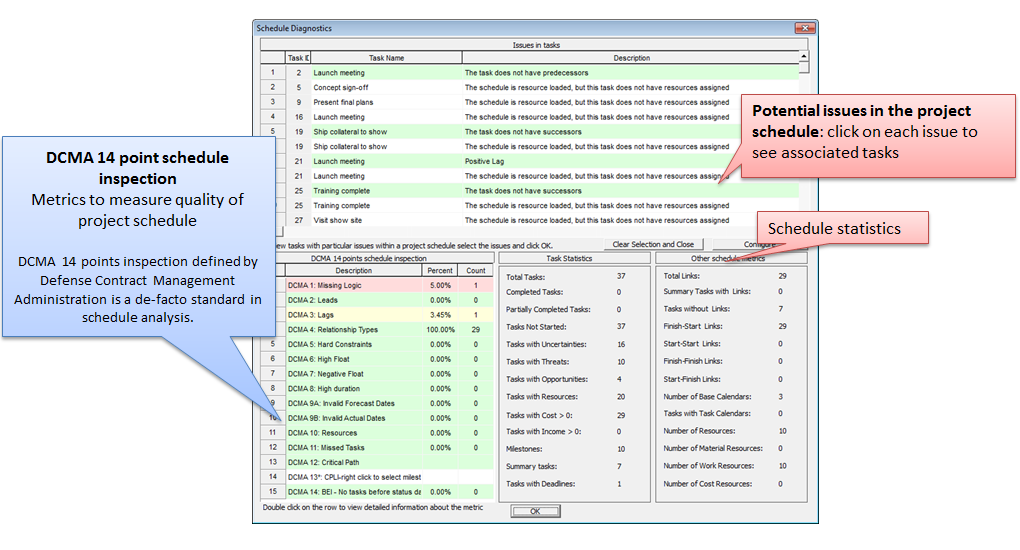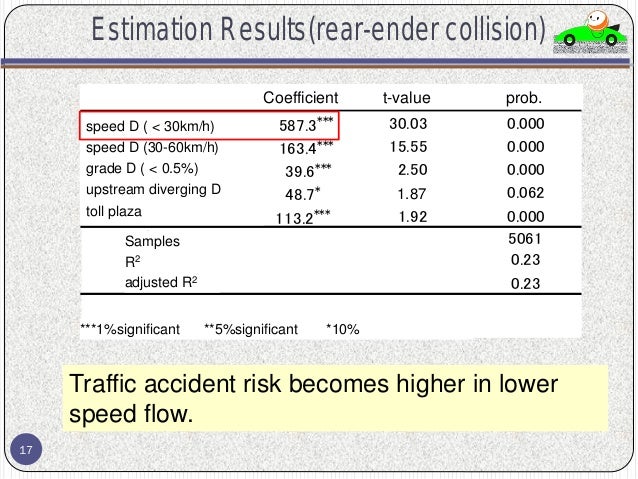

Follow-up of 212 diabetic patients ten to 15 years after surgery. Influence of diabetes mellitus on the results of coronary bypass surgery. Influence of diabetes mellitus on early and late outcome after coronary artery bypass grafting. Thourani VH, Weintraub WS, Stein B, et al. Increased restenosis in diabetes mellitus after coronary interventions is due to exaggerated intimal hyperplasia. et al.Short- and long-term results after multivessel stenting in diabetic patients. In the presence of significant epicardial coronary disease, diabetes mellitus is further associated with reduced myocardial flow reserve.

Wu KY, Timmerman N, McPhedran R, Beanlands R, de Kemp R, Chong AY. Late-onset heart failure as a mechanism for adverse long-term outcome in diabetic patients undergoing revascularization (a 13-year report from the Lady Davis Carmel Medical Center registry). Halon DA, Merdler A, Flugelman MY, et al. Key role of postchallenge hyperglycemia for the presence and extent of coronary atherosclerosis: an angiographic study. Strategies for multivessel revascularization in patients with diabetes. Everolimus-eluting stents or bypass surgery for left main coronary artery disease. Percutaneous coronary angioplasty versus coronary artery bypass grafting in treatment of unprotected left main stenosis (NOBLE): a prospective, randomised, open-label, non-inferiority trial. Anatomical and clinical characteristics to guide decision making between coronary artery bypass surgery and percutaneous coronary intervention for individual patients: development and validation of SYNTAX score II. 2013 2:431–4.įarooq V, van Klaveren D, Steyerberg EW, et al. Stents or surgery in coronary artery disease in 2013. Coronary artery bypass grafting with and without manipulation of the ascending aorta: A network meta-analysis. Coronary Bypass Surgery versus Percutaneous Coronary Intervention: The Saga Continues. Developed with the special contribution of the European Association of Percutaneous Cardiovascular Interventions (EAPCI). 2014 ESC/EACTS Guidelines on myocardial revascularization: the Task Force on Myocardial Revascularization of the European Society of Cardiology (ESC) and the European Association for Cardio-Thoracic Surgery (EACTS). percutaneous coronary intervention for patients with three-vessel disease: final five-year follow-up of the SYNTAX trial. Head SJ, Davierwala PM, Serruys PW, et al. Percutaneous coronary intervention versus coronary-artery bypass grafting for severe coronary artery disease. Serruys PW, Morice MC, Kappetein AP, et al. Why NOBLE and EXCEL are consistent with each other and with previous trials.

Percutaneous coronary intervention versus coronary artery bypass grafting in patients with left main and multivessel coronary artery disease: do we have the evidence? Circulation. Medical treatment and revascularization options in patients with type 2 diabetes and coronary disease. Mancini GB, Farkouh ME, Brooks MM, et al. It remains unknown whether polygenic risk score is robustly associated with increased CAD severity at presentation, and whether this score can be used to identify patients who will show greater benefit from revascularization with CABG or with PCI. At the same time, randomized clinical trials have shown that CAD severity is a determinant of optimal revascularization treatment. This effect is independent from traditional cardiovascular risk factors. High polygenic risk score is associated with increased coronary events and greater benefit from statin therapy in large observational studies. Recently, a composite polygenic risk score has been developed to better assess the relative contribution of multiple SNPs and quantify overall genetic risk for CAD. Genome-wide association studies have identified numerous previously unknown DNA variants that increase predisposition for CAD. Nevertheless, the discovery of other predictors of optimal revascularization therapy is necessary to improve decision-making and personalize the treatment of multi-vessel CAD. Results from clinical trials (FREEDOM, SYNTAX, NOBLE, EXCEL) have identified factors related to CAD severity such as diabetes and SYNTAX score as indicators that patients may have better outcomes with CABG compared to PCI. However, the best form of revascularization remains controversial. Both percutaneous coronary intervention (PCI) and coronary artery bypass graft surgery (CABG) are options for revascularization in multi-vessel coronary artery disease (CAD).


 0 kommentar(er)
0 kommentar(er)
